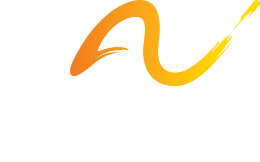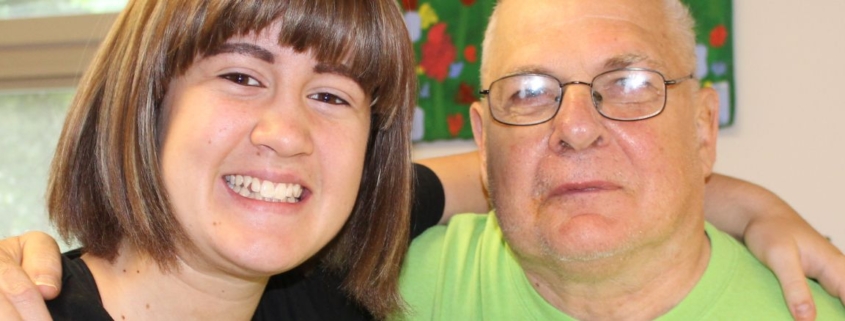An increasing number of people with intellectual and other developmental disabilities are becoming addicted to alcohol and other substances. Due to cognitive disabilities and other factors, some members of this population are not prepared to fully comprehend the harmful effects of such substances on their emotional and physical health, nor the addictive properties of these substances or the legal and social consequences of their use. Substance abuse often causes behavior that is disruptive to families and the community and may result in unwelcome confrontations with law enforcement personnel. When arrested and sentenced to jail or ordered to receive treatment in traditional substance abuse programs, persons with intellectual and other developmental disabilities often receive either no treatment or treatment inappropriate to their level of functioning. As a result, a return to substance use with all of its devastating consequences is likely upon re-entry into the community.
It is the Position of TheArc New York that:
- Education on the nature and effects of the use of alcohol and illegal drugs should be required to be presented to persons with intellectual and other developmental disabilities in middle school or at a comparable grade and developmental level. Education should be tailored to the cognitive and other abilities of people with intellectual and other developmental disabilities and should be repeated annually as part of students’ IEP until their education is completed.
- Education should include the targeted strategies to help individuals with intellectual and other developmental disabilities to recognize and manage risks associated with environments and individuals likely to involve them in substance abuse behaviors.
- Professionals and direct service personnel working with people with intellectual and other developmental disabilities should be trained to recognize the behavior associated with substance abuse and to address the problem with evidence-based strategies specific to this population.
- Treatment should be made available to individuals with intellectual and developmental disabilities commensurate to the general population who experience substance abuse.
- If traditional programs are used, treatment should be in collaboration with providers who are experienced and skilled in working with persons with intellectual and other developmental disabilities. Treatment should also afford the individual with opportunities to engage in peer mentoring programs commensurate with their developmental capacity. Specialized substance abuse treatment programs may need to be developed to treat individuals with intellectual and other developmental disabilities.
- Parents and significant others should be involved in the treatment process, including appropriate support programs such as Al-Anon (a support group for families of people with chemical dependencies.)





